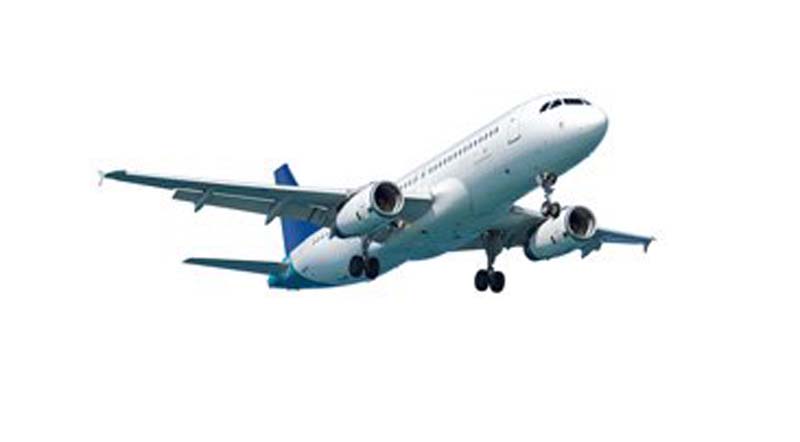The Government has advised airlines to develop a mechanism to ensure reasonable airfares in response to a surge in ticket prices, especially on routes previously served by Go First. There are consistent concerns about the significant increase in airfares on specific routes. It is important to note that airfares are deregulated under the current regulatory regime. Furthermore, in the event of a calamity, airlines are expected to closely monitor ticket prices to and from the affected region, considering the humanitarian situation, and take measures to control any surge in prices.
The increase in air ticket prices has significant implications for patients and students who rely on air travel for their specific needs. In cases of medical emergencies, time is of the essence. Air travel is often the fastest way to reach hospitals or healthcare facilities equipped to handle critical situations. These challenges highlight the need for affordable air travel options. The surge in ticket prices and peak demands in air travel can indeed make it challenging for the average person to afford airfares. The rising costs have posed difficulties for ordinary people who rely on air travel for various reasons, including personal travel and business trips. The problem is more prominent for small airports where already limited flights are operating.
The Government is well aware of this issue and can intervene to help prevent excessive pricing and promote fairer access to air travel. However, finding a balance between market dynamics and affordability remains a complex task. In the meantime, the Government should explore alternative travel options, such as additional fast trains or luxury bus services, which could be more affordable for certain routes, especially the short ones. Additional flights cannot be arranged overnight with limited aircraft. The Railway Ministry and Surface Transport Ministry must work out some strategy. Some alternatives have to be found immediately to ease the air ticket pricing.


